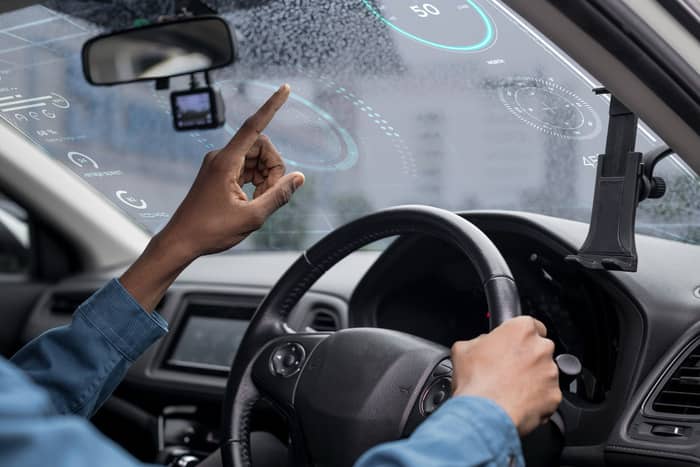The Future of Automotive Technology: How Boston Airport Taxi Cabs are Embracing Innovation

- Home »
- The Future of Automotive Technology: How Boston Airport Taxi Cabs are Embracing Innovation
Introduction:
In the ever-evolving landscape of automotive technology, the taxi industry is undergoing a remarkable transformation, especially in cities like Boston. As urban centers strive to keep pace with technological advancements, taxi services are stepping up their game to meet the demands of modern travelers. In this article, we will explore how Boston Airport Taxi Cabs are embracing innovation and shaping the future of transportation.
Mobile Apps and Smart Solutions for a Seamless Journey
Technological advancements make booking a taxi much easier for passengers. Boston Airport Taxi Cab has developed a user-friendly mobile app that allows passengers to book a taxi, track their driver's location, and pay for their trip electronically, all within the app. This eliminates the need to hail a cab on the street or stand in line at a taxi stand, making the entire process more convenient and efficient.
Furthermore, the company uses GPS tracking to optimize routes and minimize travel times. This helps reduce traffic congestion and ensures passengers reach their destination quickly and efficiently.
Electric and Hybrid Vehicles:
The push for sustainability has led to a significant shift in the type of vehicles used by taxi services. Boston Airport Taxi Cabs are increasingly adopting electric and hybrid vehicles to reduce their carbon footprint. This not only aligns with the global effort to combat climate change but also helps taxi services cut down on fuel costs, making operations more economically viable in the long run.
A Focus on Passenger Comfort and Accessibility
Enhancing passenger experience is a key priority for Boston Airport Taxi Cab, as they strive to provide top-notch Boston car services. They are equipping their vehicles with modern amenities like high-speed Wi-Fi, phone charging ports, and comfortable seating. In addition, they are also training their drivers to be courteous and professional, ensuring a pleasant and reliable experience for every passenger.
Furthermore, the company is committed to making its services accessible to everyone. They offer wheelchair-accessible vehicles and provide assistance to passengers with disabilities. This inclusive approach ensures that everyone has access to safe and reliable transportation.
Suggested Read- Trip to Beacon hill – Most popular foot tour in Boston
Autonomous Vehicles:
The prospect of autonomous or self-driving vehicles is no longer confined to the realms of science fiction. Boston Airport Taxi Cabs are actively exploring the integration of autonomous vehicles into their fleets. While fully autonomous taxis might still be a few years away from widespread adoption, the taxi industry in Boston is laying the groundwork for a future where passengers can rely on self-driving taxis for a safe and convenient commute.
Enhanced Safety Measures:
In response to the ongoing global health challenges, safety has become a top priority for transportation services. Boston Airport Taxi Cabs are incorporating innovative safety measures, including contactless payments, regularly sanitized vehicles, and advanced air filtration systems. These measures not only address the immediate concerns related to the pandemic but also set new standards for hygiene and safety in the taxi industry.
Data Analytics and Predictive Maintenance:
To optimize their operations, Boston Airport Taxi Cabs are leveraging data analytics to gather insights into passenger preferences, traffic patterns, and vehicle performance. This data-driven approach enables taxi services to enhance their efficiency, minimize downtime through predictive maintenance, and ultimately improve the overall quality of service.
Conclusion
The future of automotive technology in the taxi industry is undoubtedly exciting, and Boston Airport Taxi Cabs are playing a pivotal role in shaping this future. From smart mobility solutions and sustainable vehicle choices to the integration of autonomous vehicles, the taxi industry in Boston is embracing innovation to provide passengers with safer, more efficient, and technologically advanced transportation options. As we move forward, it is clear that the synergy between traditional taxi services and cutting-edge technology will continue to redefine the way we travel in urban environments.

